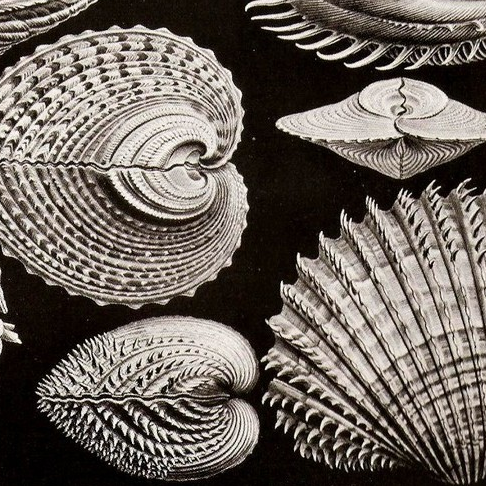Category: Historiography
-
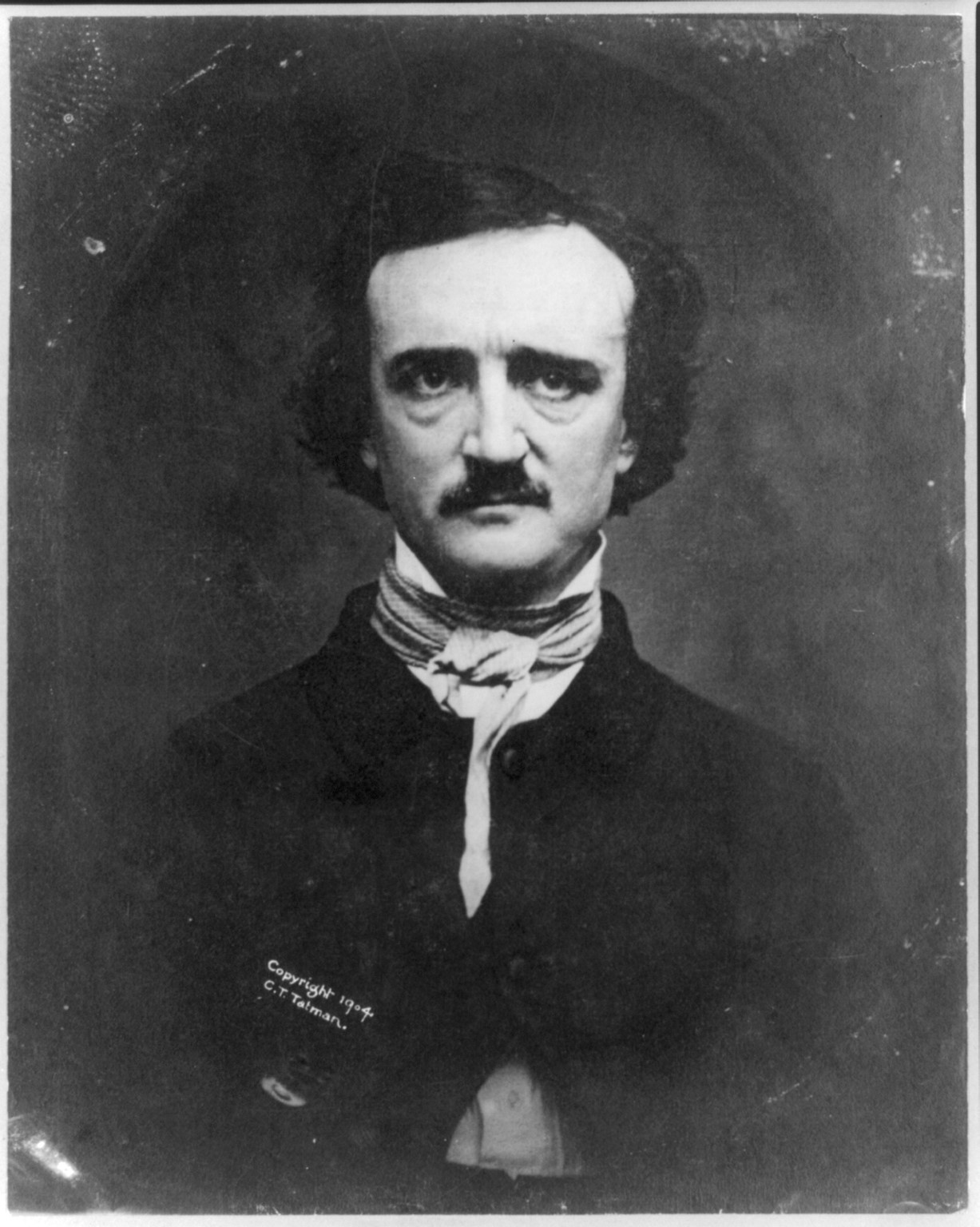
Edgar Allan Poe and Plagiarism
Edgar Allan Poe lived from 1809 to 1849 and made a narrow living with his writing career in the eastern cities of the United States of America. Most who know of Edgar Allan Poe know of his eerie poetry and gothic short stories, macabre and mysterious: “The Tell-Tale Heart,” “The Raven,” and “The Fall of…
-
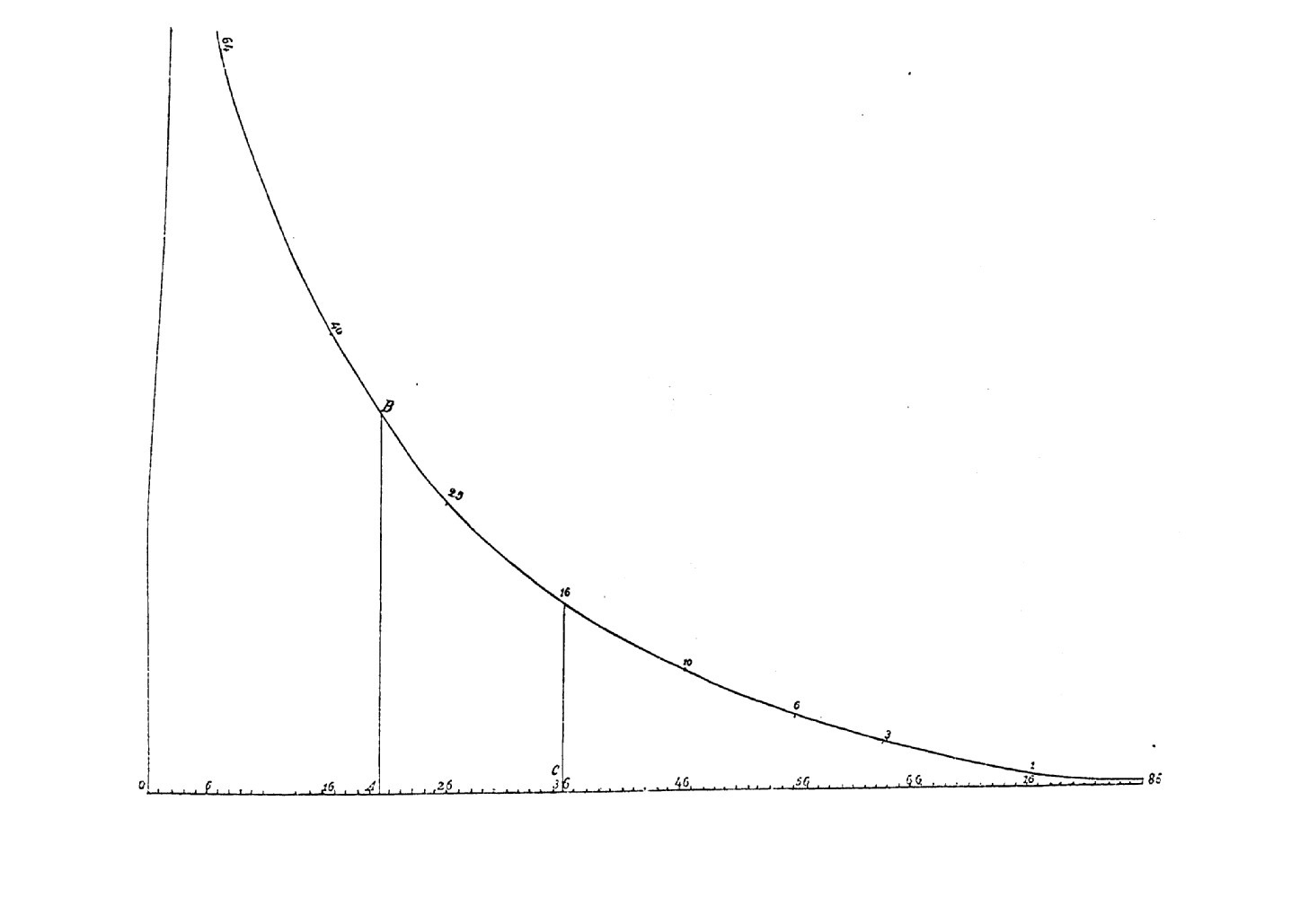
De ‘levenslijn’ van Christiaan Huygens
Christiaan Huygens schreef in 1669: ‘… door het trekken van een kromme lijn, waarop ik met den passer het leven afmeet van elken willekeurigen persoon, [zie ik] b.v. dat gij, op uw leeftijd van 38 jaar, nog ongeveer 19 jaren en 4 maanden leven kunt’ Met deze woorden introduceerde Christiaan het wonderlijke hulpmiddel dat hij…
-
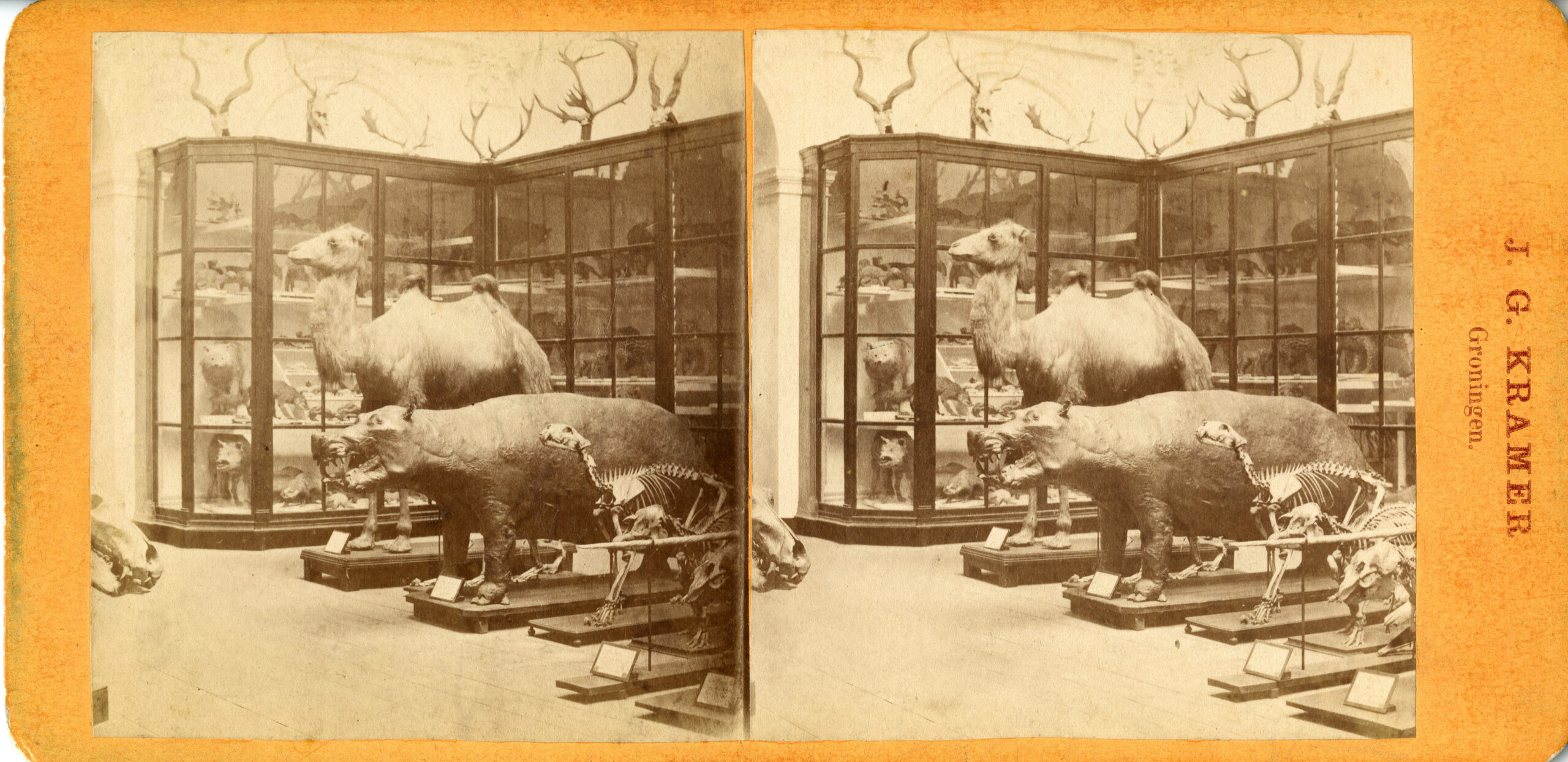
‘A number of curious entomological works’
This story is published simultaneously by Gauronica (blog Special Collections of the University Library of the University of Groningen) and Shells and Pebbles. Recently, a number of colleagues from other university libraries visited us in Groningen. As usual, we did our very best to show them the beautiful objects we have in our Special Collections.…
-

“Eenige merkwaardige entomologische werken”
Dit verhaal is gelijktijdig gepubliceerd door Gauronica (weblog Bijzondere Collecties van de Universiteitsbibliotheek van de Rijksuniversiteit Groningen) en Shells and Pebbles. Ik had onlangs een aantal collega’s van andere universiteitsbibliotheken te gast bij ons in Groningen. En, zoals vaker, dan doen we ons best om te laten zien wat voor moois we wel niet in…
-

Reviewing Christopher Nolan’s Oppenheimer: symbolism, genius, humility and wisdom
The winner of seven Oscars, Christopher Nolan’s film Oppenheimer (2023) is not only a feast for the historian of science but an overall fan favorite. Although classic themes such as the role of theory and experiments, individual and group work, material conditions, socio-political dimensions and the emergence of “big science” feature prominently in this biopic,…
-

Moet dit een geschiedenis verbeelden?
Geschiedenis met een persoonlijk tintje van de uitgeverij SUN 1969-1983 Door Jan Huurman Rondom het tweede lustrum van de Socialistische Uitgeverij Nijmegen (SUN) verscheen in 1979 het imposante gedenkschrift over het korte en heftige leven van schrijver en vertaler Pé Hawinkels. In deze gefragmenteerde biografie onder de intrigerende titel ‘Moet dit een wereldbeeld verbeelden?’ eren…
-

Voorbeeldige dubbelbiografie
Recensie van: Margriet van der Heijden, Denken is verrukkelijk. Het leven van Tatiana Afanassjewa en Paul Ehrenfest (Amsterdam: Prometheus 2021). De hoofdzaken over Lorentz’ opvolger als hoogleraar theoretische natuurkunde, Paul Ehrenfest, zullen de meeste lezers van ‘Shells & Pebbles’ wel zo’n beetje voor ogen hebben. De begenadigde docent die in Leiden hele voorraden briljante leerlingen heeft gevormd…
-

Earth’s History Beyond Geology
Lydia Barnett, After the Flood: Imagining the Global Environment in Early Modern Europe (Johns Hopkins; Baltimore, MD, 2019). Pratik Chakrabarti, Inscriptions of Nature: Geology and the Naturalization of Antiquity (Johns Hopkins; Baltimore, MD, 2020). In the epoch of the Anthropocene, geology has acquired new standing. Its practitioners not only unearth our planet’s past, they also…
-

How can historians become authors of the future?
On an unusually snowy Thursday morning in The Netherlands, we attended a special meeting titled “Rethinking History in the Anthropocene,”which took place as part of the History of Knowledge seminar series at Utrecht University. Organizers Lukas Verburgt and Elske de Waal assembled perspectives from numerous disciplines and from around the world to showcase the prospects…
-

Making sense of conflicts in science
The history of science is littered with fierce and bitter conflicts. Historians of science have generally shown a strong interest in such personal vendettas. This is not merely because they impart a human interest to their narratives, but also because of their revelatory nature. These clashes often bring into the open thoughts and feelings that…
-

Nieuw licht op Zernike?
Eigenlijk was ik die morgen, enkele weken geleden, bij de Bijzondere Collecties in de Universiteitsbibliotheek Groningen van plan de eerste jaargangen van de Universiteitskrant (UK) door te nemen (in september bestaat de UK een halve eeuw en dat is wel een publicatie waard), maar het liep een beetje anders. Terloops informeerde ik namelijk ook nog…
-

Een halve eeuw orgaantransplantaties in Groningen
Kroniek van multidisciplinair samenwerken zonder goden Orgaantransplantaties hebben altijd tot de verbeelding gesproken. In de Griekse mythologie komen wezens voor (Minotaurus en Kentaur) die samengesteld zijn uit menselijke en dierlijke onderdelen. Later zijn het de patroonheiligen Cosmas en Damianus die een been van een overleden Moor transplanteren. Toen de droom in de huidige tijd werd…
-

Aan de vergetelheid onttrokken: Paul de Kruif
Frank Huisman, hoogleraar geschiedenis van de geneeskunde te Utrecht, heeft in 2013 een viertal argumenten of drijfveren voor het bedrijven van zijn vakgebied beschreven: 1) als hulpmiddel bij academische vorming (‘Bildung’); 2) als hulpwetenschap voor de geneeskunde; 3) als politiek instrument; en 4) als (culturele) betekenisgever.[1] Hij illustreert elk van deze vier drijfveren met markante…
-

De opkomst van de universitaire campus in Nederland, 1945-2020
Nu de universiteitsgebouwen in Nederland er verlaten bijliggen vanwege de coronapandemie – en geschikt worden gemaakt voor de anderhalvemetersamenleving – breekt een nieuw hoofdstuk aan in de roerige geschiedenis van de universiteitscampussen in de afgelopen decennia. Universiteiten zijn al enige tijd volop bezig met renovatie, sloop en nieuwbouw, vaak op basis van uitgesproken ideeën over…
-

Feiten of Daadzaken?
In de nasleep van de door Donald Trump gewonnen Amerikaanse presidentsverkiezingen ontstond er een hoogoplopende discussie over ‘alternatieve feiten’.[1] Veel wetenschappers voelden zich door de overwinning van Trump in het nauw gedreven, en richtten zich massaal op tijdens de wereldwijde March for Science. De marcherende bondgenoten van de wetenschap gingen vooral de straat op ter…
-

Bringing discussion back to science
Opportunities for debating failure have gradually been removed from the academic literature. The Journal of Trial and Error (JOTE) envisions to become a platform where scientific failure can be openly discussed. Not only will it publish articles on research containing methodological and/or conceptual errors, JOTE will also invite subject specialists and scholars of science to…
-

The Forgotten Nooks and Crannies of Scholarship
There is no such thing as the typical scientific journal: some are highly specialized, while others focus on a very narrow field of knowledge; some target a small audience of highly-specialized peers, while others aim to serve a wider audience; some are product of one individual’s committed efforts, others are, in a way, the club…
-

Frozen Science
Last summer, the people of the Arctic Norwegian island of Sommarøy announced that they wanted to abolish time. With months of uninterrupted darkness in winter and daylight in summer, there is no point in living by a fixed 24-hour cycle. The island would be the world’s first ‘time-free zone’. The news was taken over by…
-

‘Het enige wat blijft zijn leerlingen.’ Een interview met H.A.M. Snelders
Op een zonnige februaridag bezoek ik Bilthoven, waar prof. em. Harry Snelders, net als veel hoogleraren, in de jaren zeventig naartoe verhuisde toen hij een leerstoel aan de Universiteit Utrecht kreeg. De aanleiding voor ons gesprek is de negentigste verjaardag van de gepensioneerde professor. Hij had wel even getwijfeld of hij op het verzoek in…
-

The Manifesto for Trial and Error in Science
It is now more than a year ago that we, master students at the Descartes Center for History and Philosophy of Science and the Humanities at Utrecht University, started the Journal of Trial and Error: a platform that encourages researchers to publish and discuss failure. In other words, we facilitate scientists to publish results that…
-
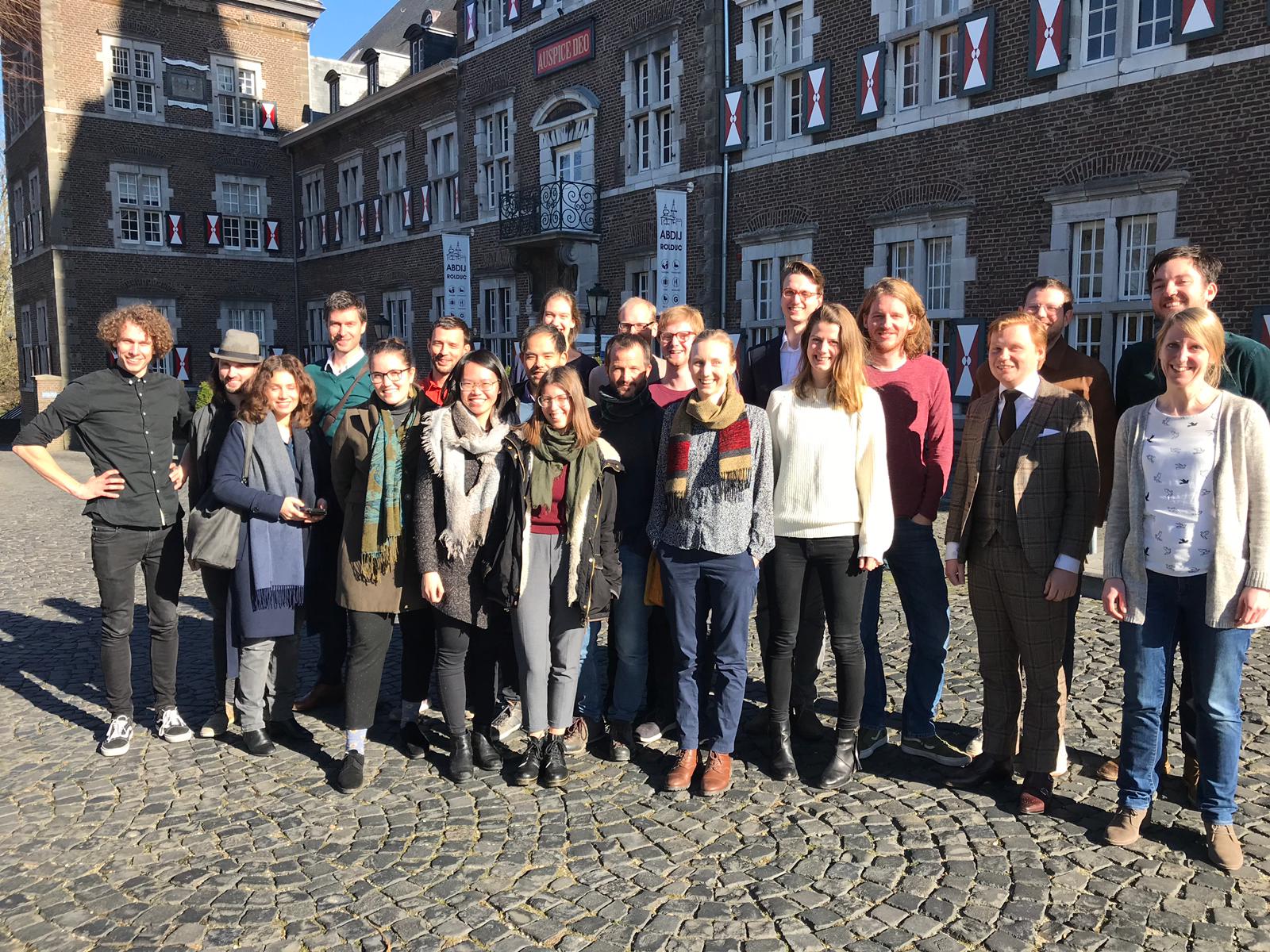
History of Science and Humanities PhD Conference 2019: A Thematic Report
On a warm and sunny St Valentine’s day, twenty-two PhD-candidates from the Low Countries gathered in the beautiful Rolduc Abbey (Kerkrade) for the seventh edition of the History of Science and Humanities PhD-conference. Many of them had just recently started their projects, some were finishing, others were working on specific case studies. The topics ranged…
-
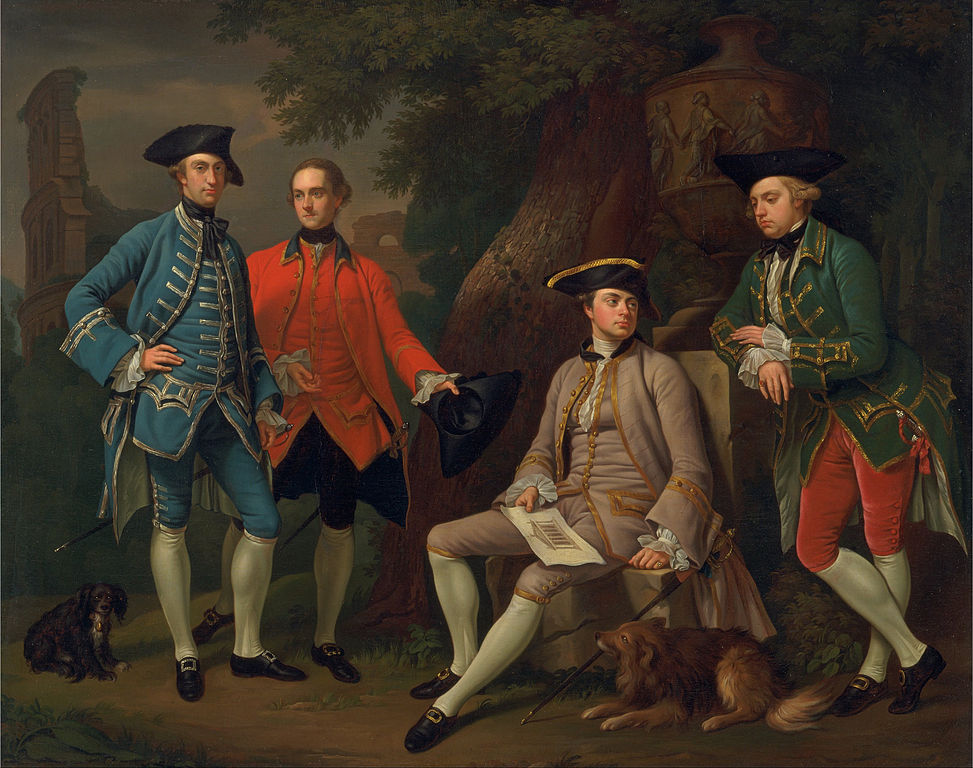
Rethinking the Republic of Letters: Two Perspectives on the Early Modern Learned Community
Early modern scholars oftentimes emphasised the ideal of sharing knowledge beyond confessional and national borders. But was the learned community of early modern Europe truly as open and accessible as these intellectuals proclaimed? Or did the Republic of Letters in action perhaps comprise a number of “sub-republics” divided along the lines of religion, discipline, region,…
-
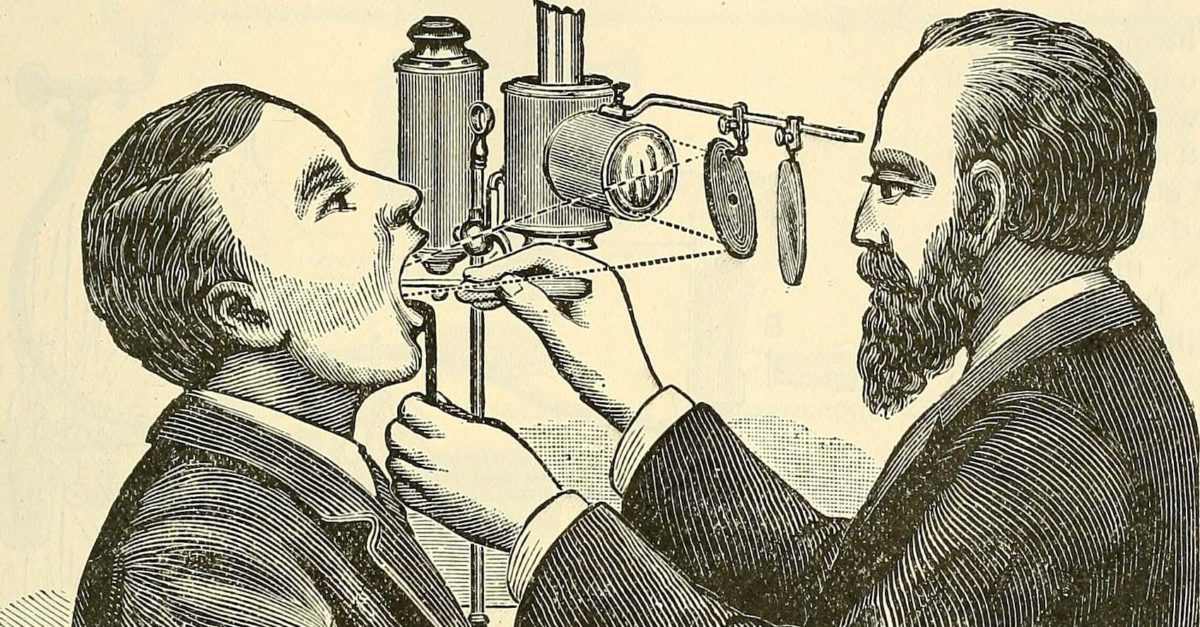
Een forumsectie over een ‘divide’ die er nooit is geweest?
In de voorjaarseditie besteedt History of Humanities een forum aan de ‘two cultures’ — de vermeende tegenstellingen tussen de natuur- en geesteswetenschappen. Wat volgt is een korte bespreking van de afzonderlijke bijdragen en een evaluatie van het geheel. Die eindwaardering komt erop neer dat we een hoop leren van deze forumsectie, zowel empirisch als conceptueel,…
-
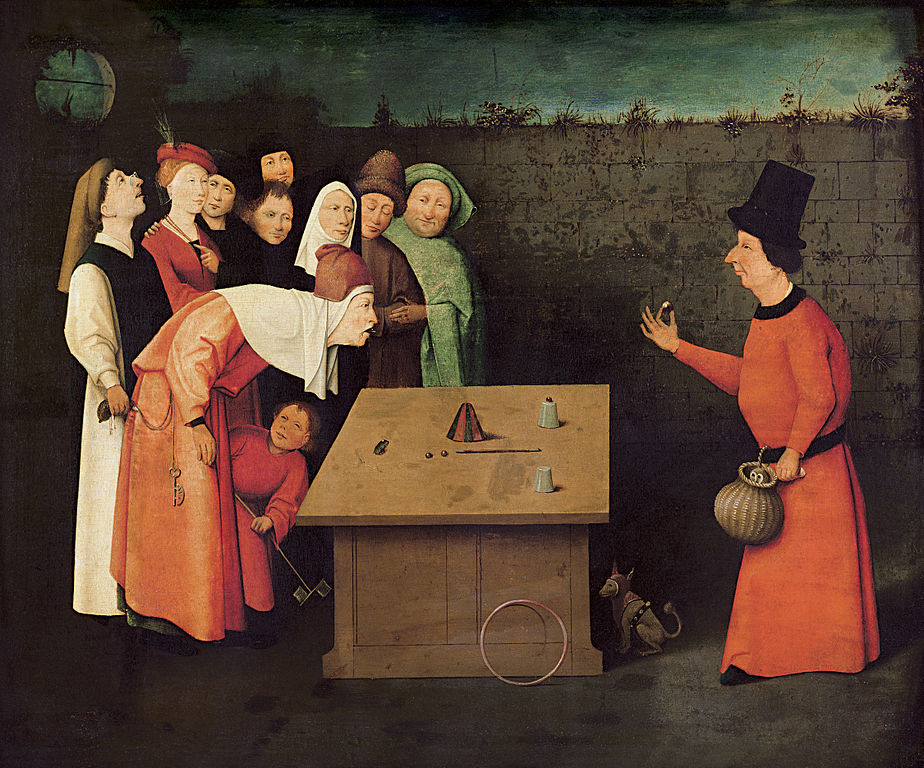
Naar een wetenschapsgeschiedenis in het tijdperk van alternatieve feiten
Nieuwe tijden vragen om nieuwe geschiedenissen. In dit blog presenteert Rienk Vermij (The University of Oklahoma) zijn opzet voor een radicaal nieuwe wetenschapsgeschiedenis. Waar Ad Maas enige tijd geleden al een lans brak voor historisch onderzoek naar alternatieve feiten en maatschappelijke waarheidsbevinding, beoogt Vermij een lange wetenschapsgeschiedenis waarbinnen de ontwikkeling van een morele gemeenschap centraal…
